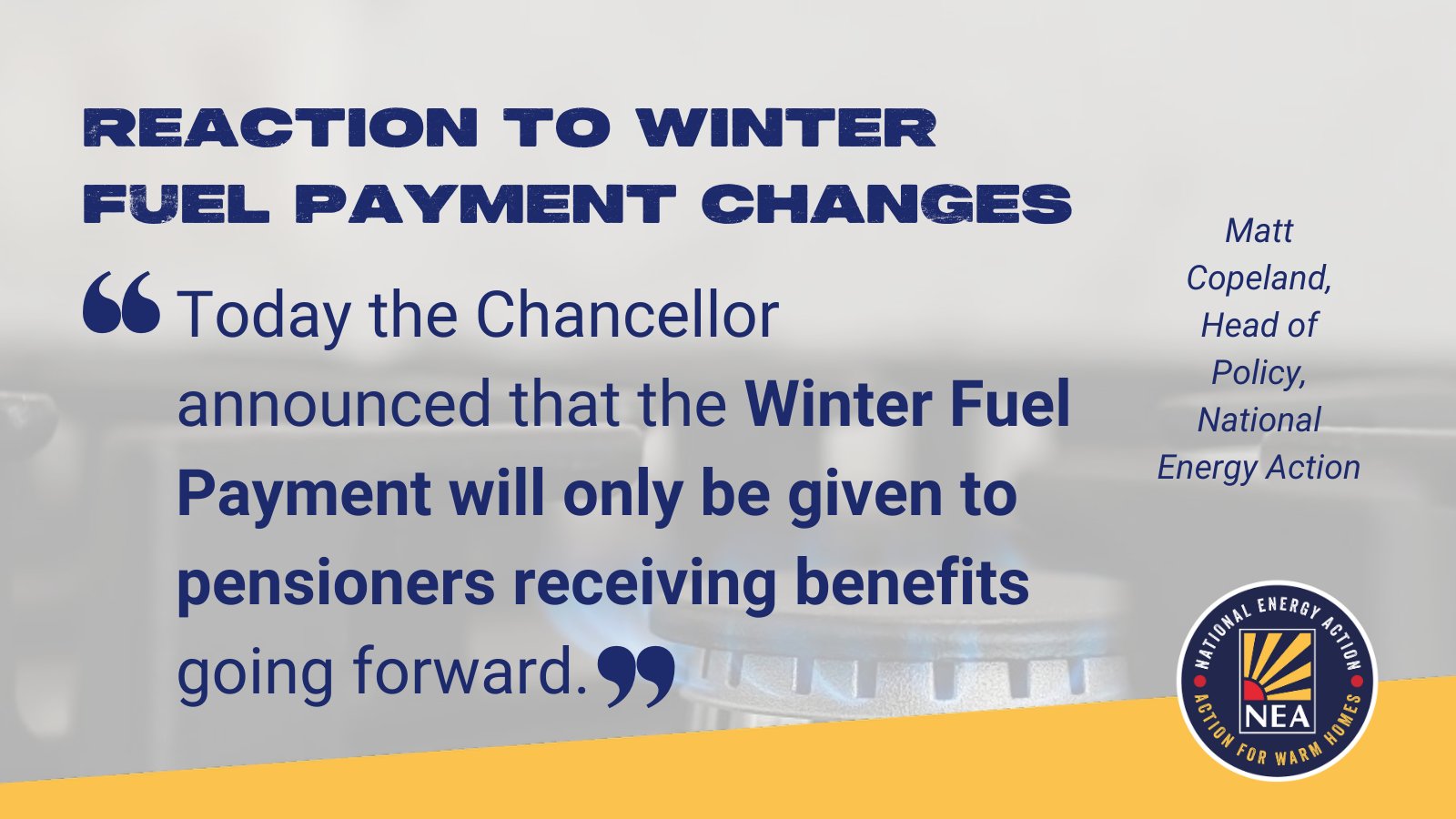
Introduction to the Winter Fuel Payment
The Winter Fuel Payment is a crucial financial support scheme for older individuals in the UK, aimed at helping them cope with increased heating costs during the colder months. As winter approaches, the importance of this payment becomes even more pronounced, especially with rising energy prices and the need for warmth during potentially harsh weather conditions.
How the Winter Fuel Payment Works
Launched in 1997, the Winter Fuel Payment is available to individuals aged 66 and over, aiding them in managing their heating expenses. Eligible citizens typically receive between £250 and £600, depending on their circumstances, including whether they live alone or in a care home. The payment is automatically awarded to those who receive the state pension or other qualifying benefits, providing vital support during the winter months.
Eligibility Criteria
To be eligible for the Winter Fuel Payment, individuals must meet certain criteria:
- Be born on or before 25 September 1956.
- Be living in the UK, the Channel Islands, or the Isle of Man for at least one day during the qualifying week.
- Not be residing in a care home for the entirety of the qualifying week.
Those who qualify do not need to apply unless they have not received the payment in previous years. Instead, the payment will be made automatically, usually between November and December each year.
Impact of the Winter Fuel Payment
The Winter Fuel Payment has been especially significant in recent years amid global energy crises leading to rising heating costs. The payment serves as a lifeline for many retirees, providing essential funds that help alleviate the financial strain of keeping homes warm. According to the latest statistics from the Department for Work and Pensions, around 11 million individuals received this support in 2022, highlighting its importance across the UK.
Conclusion: The Importance of Continued Support
As the UK confronts ongoing challenges related to energy costs and winter conditions, the Winter Fuel Payment remains an essential component of social assistance programs for older citizens. Stakeholders, including advocacy groups and policymakers, are urged to continually assess and support such initiatives to ensure they meet the needs of the vulnerable population. As we approach winter, awareness and understanding of the Winter Fuel Payment can direct eligible individuals towards the support they need, promoting warmth and comfort during the coldest months of the year.
You may also like

Understanding Tax: Its Importance and Recent Changes

Current Insights on Shell Share Price
